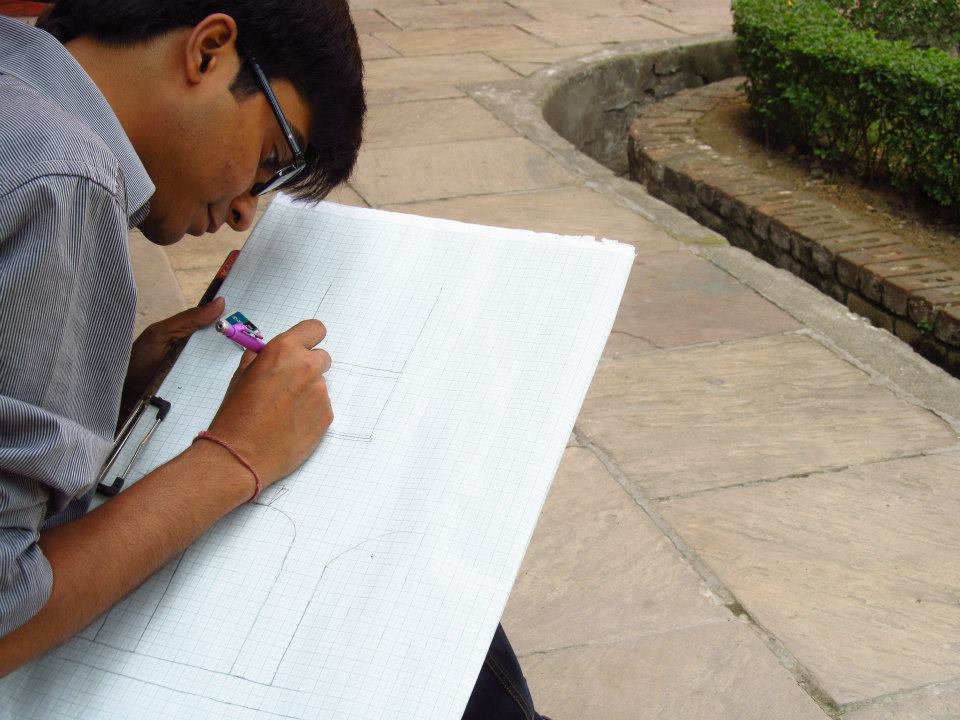What does a Conservation Architect actually do?,

What does a Conservation Architect actually do?,
We have been in the business for close to a decade now and for the past
few months, we have been flooded by applications for interns and
graduate architects. I often wonder what is it that is attracting so
many young professionals in our direction, especially when we didn't
even post a vacancy. Being a visiting faculty has its own benefits, as I
get a great insight into what the young minds think and construct of
the discipline and their perceptions of what conservation architects do really
intrigue me. There are students and graduates who want to get into
conservation because they don't like architecture, or find it
uninspiring most perceive conservation to be easier way out. There are
others who feel that conservation is glamorous, the job gets you to
travel to exotic places, meet new people,explore new sites so it seems
rather lucrative when compared to mainstream architecture. There is also
a third lot who doesn't know what they want and want to try the
elimination route, they like to try their hand at different things
before deciding on what they really want to do with their lives.
So
here is what we at ATA feel conservation architecture is all about. My
experience has taught me that to be a good conservation architect, you
first need to be a very good architect. You need to know your materials,
building construction, history, research methodology and design skills
at the back of your hand. It also entails a lot of hard work both mental
and physical, ofcourse there is the travel to the exotic locations but
there is also a task at hand that needs to be completed, sometimes in
rural and semi-rural locations. There is a considerable amount of desk
work and details drawings to be generated and it's not just about making
them pretty but making them accurate and implementable too.
We
believe in crafting bespoke solutions for each of our projects, each
project has a component of research, documentation, design and
implementation and each phase requires meticulous planning and working.
Also its worth being mindful of the fact that conservation projects take
time to mature, sometimes even 5 years to just get off the ground so
patience is a very important virtue.
So here's the thing when
you want to sign up to be a conservation architect, be one for the right
reasons, it takes a lot of commitment and dedication but the
satisfaction you get when a project realizes is unparalleled.